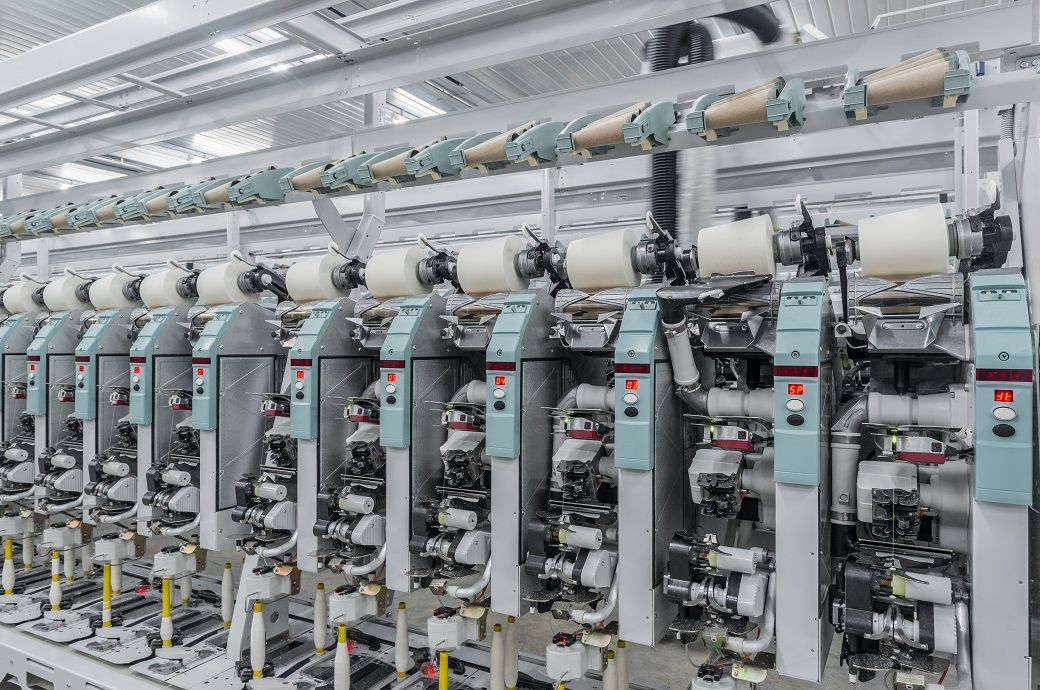
This may erode market share unless the government steps in with subsidies, tax rebates or other incentives for the sector, the Indian Council for Research on International Economic Relations (ICRIER) cautioned.
The gems and jewellery sector could ‘come to a standstill very soon’, it noted in a recent policy brief. Other sectors at risk include herbal products, nutraceuticals and auto components. Shrimp exports are flagged as a critical short-term casualty. Semi-milled rice exports could also lose ground to competitors like Thailand and Pakistan, it noted.
India’s trade relationship with the United States is too significant to abandon, it said. “The US remains too large and too important to write off, especially as India advances trade deals with the UK and EU [European Union],” the policy brief remarked.
It urged New Delhi to adopt a two-pronged response: shield vulnerable sectors like textiles with targeted relief, and re-engage Washington through ‘smart, tactical’ negotiations that resolve long-standing agricultural disputes.
Authored by economists Ashok Gulati, Sulakshana Rao and Tanay Suntwal, the policy brief calls for upcoming trade discussions to prioritise contentious farm issues, especially US demands on genetically modified (GM) products. The talks should be guided by “scientific evidence rather than ideology,” it noted.
On dairy, ICRIER suggests introducing a tariff rate quota system, allowing a capped volume of imports at lower duties while keeping higher tariffs above that limit. The policy brief also suggested a certification scheme, similar to halal standards, to assure American buyers that cattle are pasture-grazed or fed on non-meat diets.
Rather than falling back on blanket protectionism, ICRIER argues that the tariff shock should be treated as a catalyst for structural change.
The policy brief calls for investment in infrastructure, supply chain efficiency and research and development ‘on the scale of the 1991 liberalisation’.
ALCHEMPro News Desk (DS)
Receive daily prices and market insights straight to your inbox. Subscribe to AlchemPro Weekly!